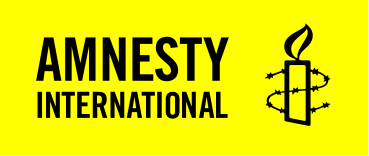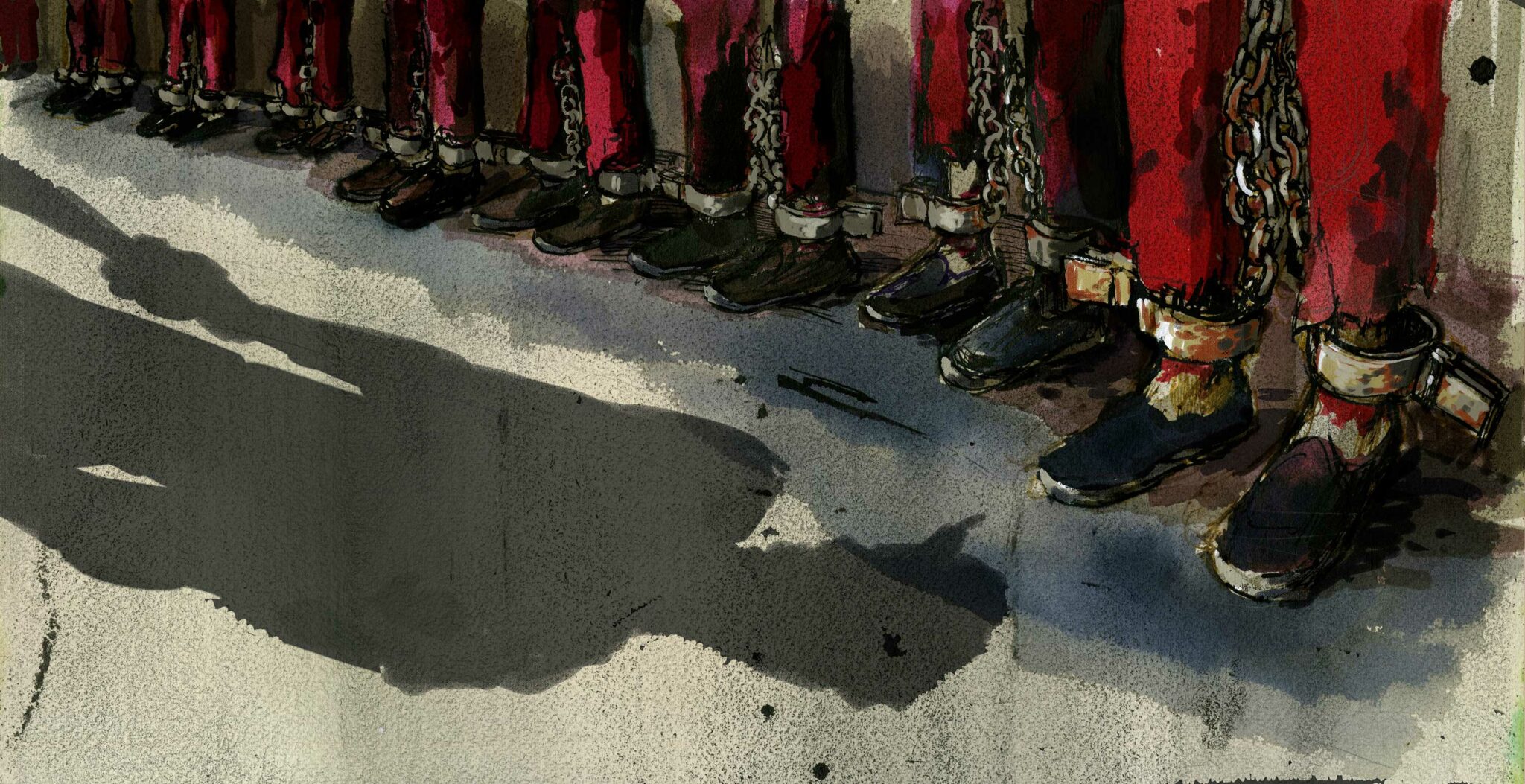Forced or compulsory labour
International Labour Organization (ILO) Convention 29 defines “forced or compulsory labour” as “all work or service which is exacted from any person under the menace of any penalty and for which the said person has not offered himself voluntarily”. [[[ILO Convention 29 concerning Forced or Compulsory Labour (1930), Article 2(1); the convention is not ratified by China, despite it being one of the ILO’s eight “fundamental” conventions that set out core international labour standards, identified by the ILO Governing Body as covering subjects considered to be fundamental principles and rights at work. Therefore China, as a member of the ILO, is still obliged to comply with the convention’s provisions despite the lack of ratification. Out of 187 ILO member states, China is one of only eight that has not ratified the Forced Labour Convention. See also Article 8(3) of the ICCPR, which prohibits anybody being required to perform forced or compulsory labour.]]] The following factors can be used to identify forced labour in practice:
The actual presence or threat of a penalty, including violence; financial penalties (such as non-payment of wages); loss of rights or privileges; denunciation to authorities and deportation; exclusion from future employment; or deprivation of food, shelter, or other necessities.
Lack of consent to work, including restriction of freedom of movement or physical confinement in the work location; psychological compulsion; withholding and non-payment of wages; or confiscation of identity documents. [[[International Labour Office, A Global Alliance Against Forced Labour: Global Report under the Follow up to the ILO Declaration on Fundamental Principles and rights at Work, 2005, p6 and par14, modified.]]] An ILO Committee has stated that a penalty “need not be in the form of penal sanctions, but might take the form also of a loss of rights or privileges”. [[[International Labour Conference, 1979 General Survey of the Reports relating to the Forced Labour Convention, 1930 (No. 29) and the Abolition of Forced Labour Convention, 1975, (No. 105), Report of the Committee of Experts on the Application of Conventions and Recommendations, 65th Session, Geneva, 1979, Report III, Para 21.]]]
“Voluntarily” is less clearly defined, but the ILO Committee of Experts has stressed that in “considering the freedom to ‘offer oneself voluntarily’ for work or service, account must be taken of the legislative and practical framework which guarantees or limits that freedom… An external constraint or indirect coercion interfering with a worker’s freedom to ‘offer himself voluntarily’ may result not only from an act of the authorities, such as a statutory instrument, but also from an employer’s practice, e.g. where migrant workers are induced by deceit, false promises and retention of identity documents or forced to remain at the disposal of an employer; such practices represent a clear violation of the Convention.” [[[International Labour Conference, 2007 General Survey of the Reports relating to the Forced Labour Convention, 1930 (No. 29) and the Abolition of Forced Labour Convention, 1975, (No. 105), Report of the Committee of Experts on the Application of Conventions and Recommendations, 96th Session, Geneva, 2007, Report III, Paras 38 – 40.]]]



